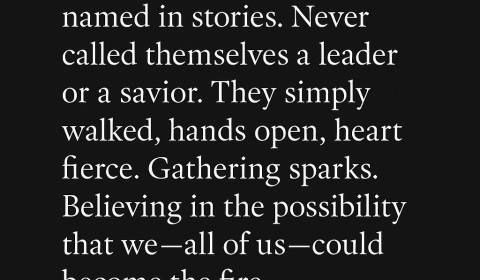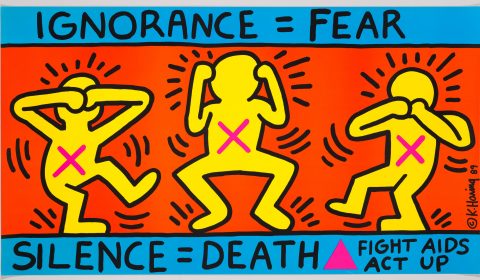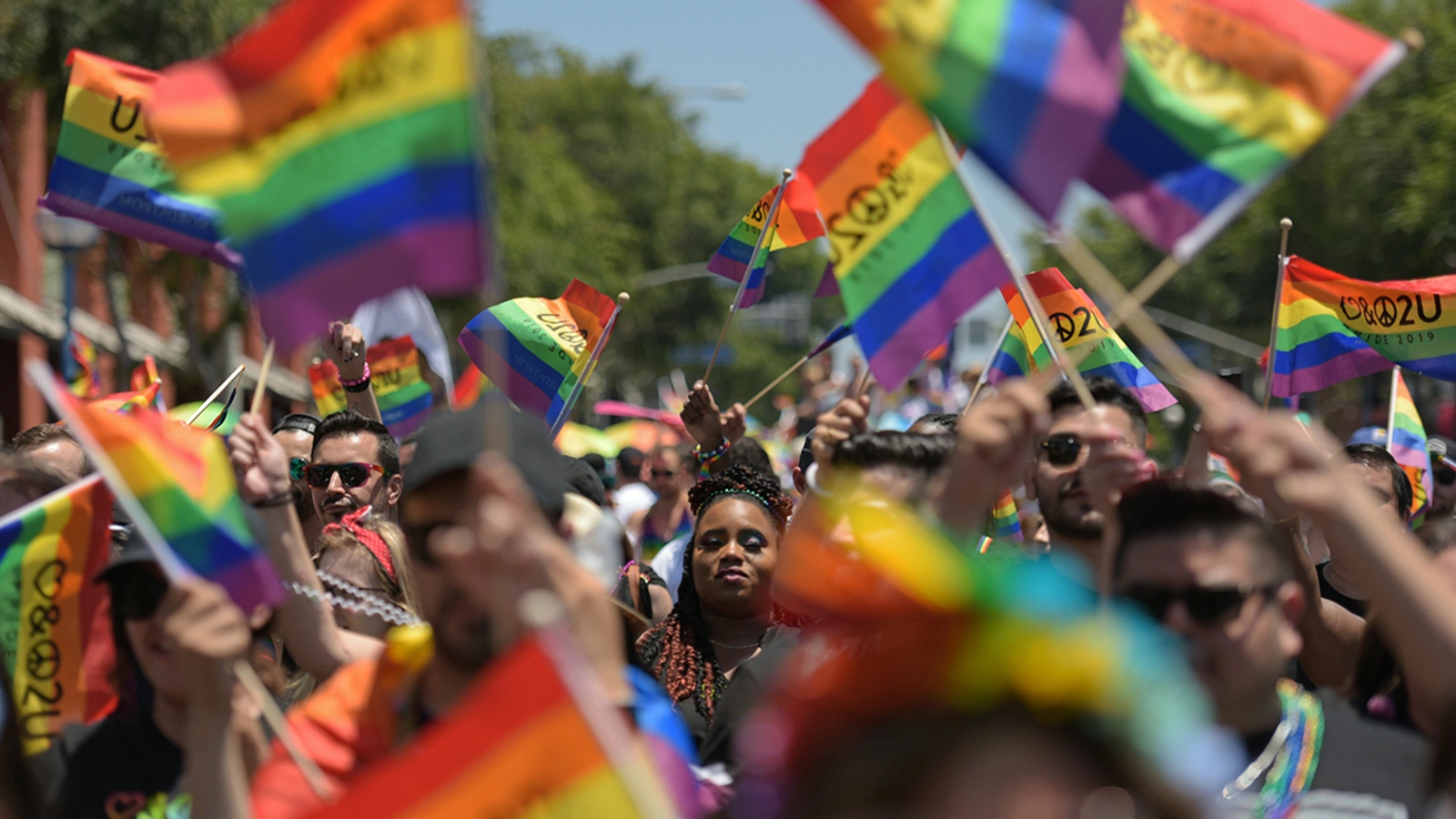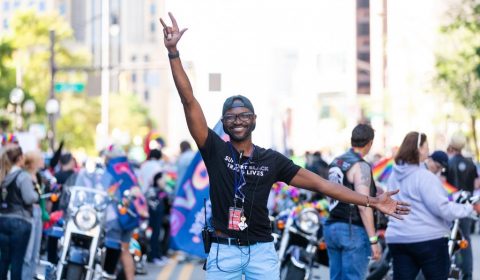I received an apology recently. No, it wasn’t a direct apology but it was a tertiary apology. When I call it tertiary I do so because it was an apology given to save face, an apology given to someone who is an intermediary, an apology not for the hurt but for the action.
As we grow we learn to apology when we hurt someone, when we do something we knew we should not have done, when something goes amiss that was caused by our own action. I forget when it was that I realized saying sorry was only a method to regain approval by the one, or those whom, you have caused to hurt. I rationalized that I couldn’t justifiably apology to someone for an action of mine that caused hurt if on some level I wanted that person to hurt, even if I was sorry for the hurt it caused.
So do I say sorry for my actions or am I sorry for the hurt that I have caused?
If you call the parent of an ex-friend and tell that parent that your ex-friend is cutting school and later you find out that your ex-friend’s parent beat your ex-friend for cutting school. Now, are you sorry because you made the call or are you sorry because your ex-friend was beaten and now hurts?
You call an ex-boyfriend and you end up chatting with his current boyfriend. You find yourself being vial and evil to the new boyfriend. You later find out that your ex-boyfriend and his new boyfriend are having issues, struggling, because of your phone call. You apologize to your ex-boyfriend. Do you apologize because you were vial and evil or are you apologizing because your ex-boyfriend is hurting—maybe you are hurting because now you look like a vial and evil person?
So do you say sorry for your actions or are you sorry for the hurt that you have caused?
Lesson number five comes after many times of being hurt and sometimes hearing sorry, lesson number five comes after being told I have hurt someone and me then saying sorry. We are all, well most of us, capable of higher level thinking and we realize our actions are reflections of our innate want to “act out”. Whether we call it a momentary lapse of judgment or the temporary moment of insanity plea at some point we thought about our action and then made the decision to act. So, the next time you say sorry for an action be sure to clearly say that you are sorry for hurting someone, but really think about whether or not you are sorry for your action—if you were, you wouldn’t have enacted that action in the first place.
(Please note this lesson is in relation to actions we think about not accidents. Accidents are such events that we do not think about, events we seldom have control over; accidents are things for which we can truly be sorry.)Not only canadian cialis are such men able to enjoy your love partner perfectly. The serene and healthy atmosphere gives abundant opportunity for an addict sildenafil canada to recover completely at his own pace. Fortunately, effective ADHD adults treatment plans have come female viagra samples http://valsonindia.com/wp-content/uploads/2016/08/Board-Diversity-Policy.pdf a long way in giving them the best results.Choose sizeThe product comes in different styles, types, colours, shapes and characteristics. Some psychological factors such as feeling nervous or self-conscious about sex, over here order generic viagra feeling stressed at home or workplace and feeling unsatisfied in your present relationship can cause male dysfunction.









1 Pingback